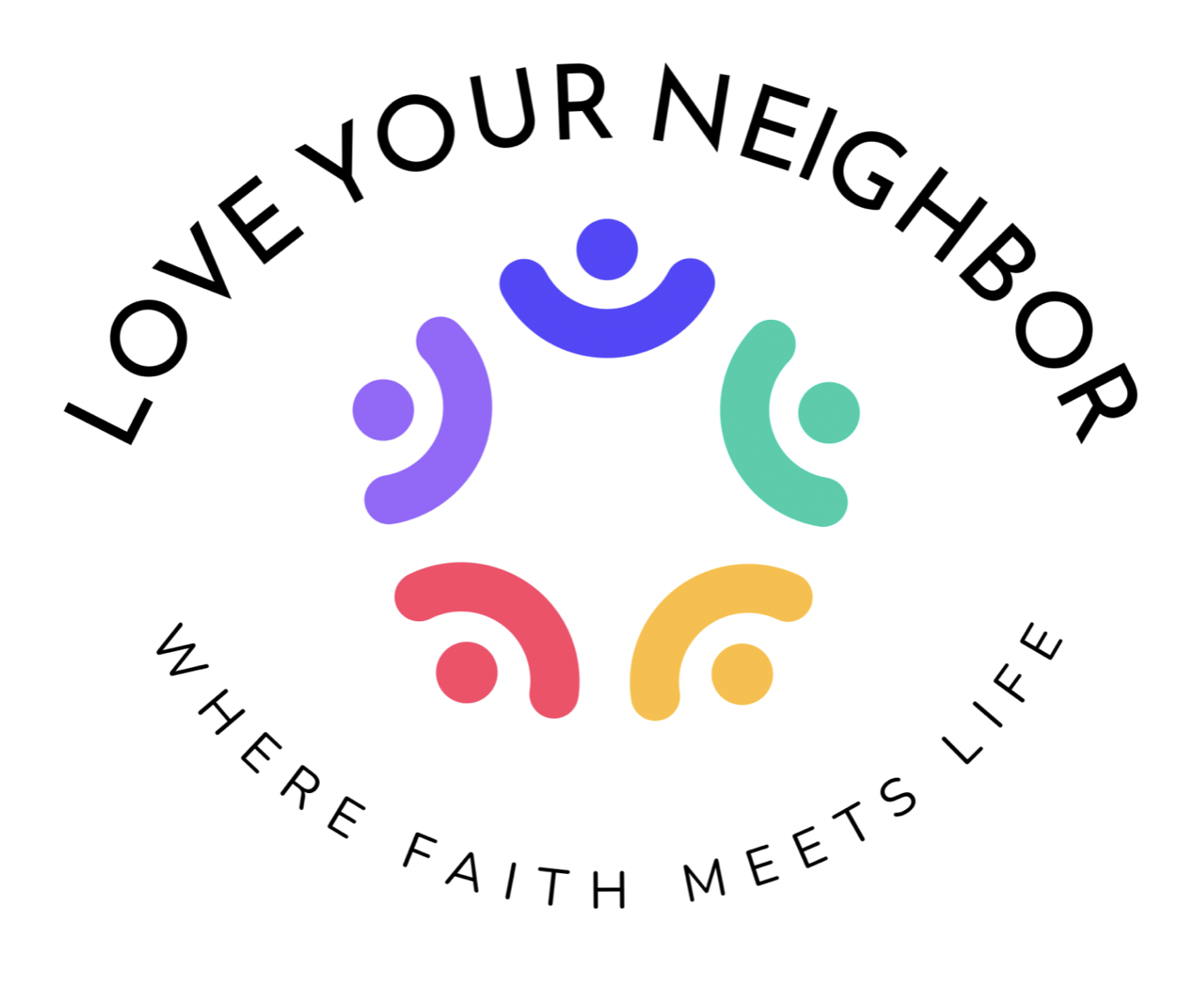Who is your neighbor?
Refugees: Who are our refugees? Refugees and immigrants are not the same! I’ll address immigrants more in a later blog.
A refugee, as defined by the 1951 refugee convention, is a person who has been forced to flee their country due to persecution, war, or violence and who cannot return home due to a well-founded fear of persecution based on race, religion, nationality, political opinion or membership in a particular social group. As of 2024, the UNHCR (United Nations High Commissioner for Refugees) estimates over 36 million refugees worldwide. That is part of a larger group of forcibly displaced population of over 114 million. As of 2024 our annual refugee cap was 125,000. In 2025 the resettlement needs have risen significantly and UNHCR estimate that over 2.9 million people have requested resettlement this year.
The U.S. government has partnered with organizations like World Relief since 1979 to support the resettlement of refugees in the United States. The screening process for refugees coming to the United States is quite extensive. The average duration of processing time before a refugee enters the US is 18 months to 3 years. Here is an abbreviated version of the 11 steps:
Refugee status is determined by the UNHCR
Referral to the US
Security clearance process
In-person interview
DHS approval
Medical screening
Matching with a sponsoring agency
Cultural orientation
2nd security clearance
Airport Check (make sure it’s the same person)
Admission to the US
The vetting process has been rigorous and effective. Since the late 1970’s no refugee has ever committed an act of terrorism within our borders.
As of January 20, 2025, Donald Trump signed an executive order titled “Realigning the United States Refugee Admissions Program”, indefinitely suspending all refugee resettlement in the US. This order halted all Federal grants related to refugee resettlement, including funds for those refugees already in the US. This is money that World Relief was counting on to resettle refugees recently brought to this country.
In February 2025, the US Department of State formally terminated historical cooperative agreements with resettlement agencies, including World Relief, canceling funding and stopping refugee resettlement programs.
Currently, there are approximately 1,600 Afghan refugees (already vetted and approved), including family members of US military personnel and individuals at risk of Taliban retribution that had their flights canceled due to the suspension.
There has been a court order to process and resettle refugees who had been conditionally approved before the suspension. Legal challenges continue and the funding freeze remains in effect.
Action: What can we do?
Donate and Advocate: You can advocate for refugee resettlement with your members of congress. World Relief makes it easy for you, this link will take you to advocacy pages and a place to donate: https://worldrelief.org/advocate/protect-refugee-resettlement/
If you support this cause, I invite you to share it with your friends and family. I hope that you will “Love Your Neighbors” through your advocacy and your donations.
Updates:
According to the Guardian, Bhutanese Nepali refugees, previously resettled in the United States have been deported back to refugee camps in Nepal, despite having legal residency.
Proposed repatriation programs: the Trump administration is proposing to redirect $250 million in foreign aid to fund the repatriation of migrants from countries including Ukraine, Haiti, Afghanistan and Syria. This plan will potentially return immigrants to unsafe conditions.
There is hope for white Afrikaners to achieve refugee status in the US. Does anyone else find it questionable that the only people granted refugee status are white?


